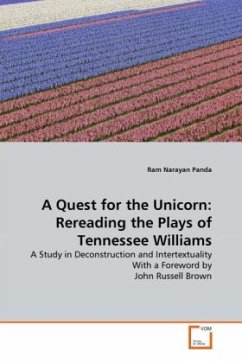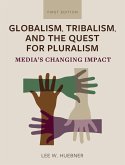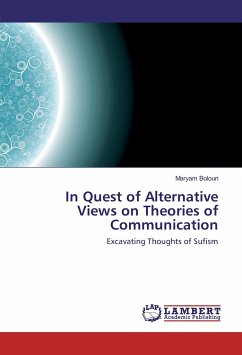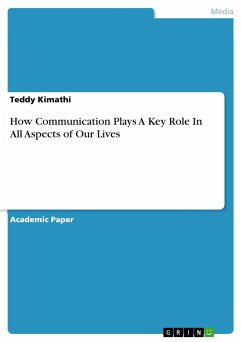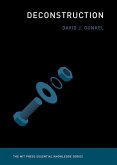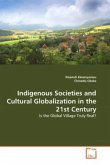This book attempts a rereading of the plays of Tennessee Williams by using certain poststructuralist strategies of reading oriented to establishing that a rereading unveils the workings of the principle of difference by which the attempts at totalization are always already defeated whereby it becomes difficult to make definitive statements about entities, characters and motifs or the signified. Part One focuses on self-difference by using methods of binary deconstruction by way of explaining textuality as a matter of difference. Part Two highlights textuality as a matter of intertextuality rather than a logocentric construct basing itself on external points of reference, or the transcendental signified. Part Three focuses on the irreversible Barthesian codes to show how certain plays of Williams remain openended without offering definite ideas about characters, issues and relationships. Justifying the title of the book, the Preface' and the Conclusion,' highlight how the plays ofWilliams problematize conclusive notions about issues. On the whole, the book illustrates the hermeneutic richness of American drama.
Bitte wählen Sie Ihr Anliegen aus.
Rechnungen
Retourenschein anfordern
Bestellstatus
Storno

